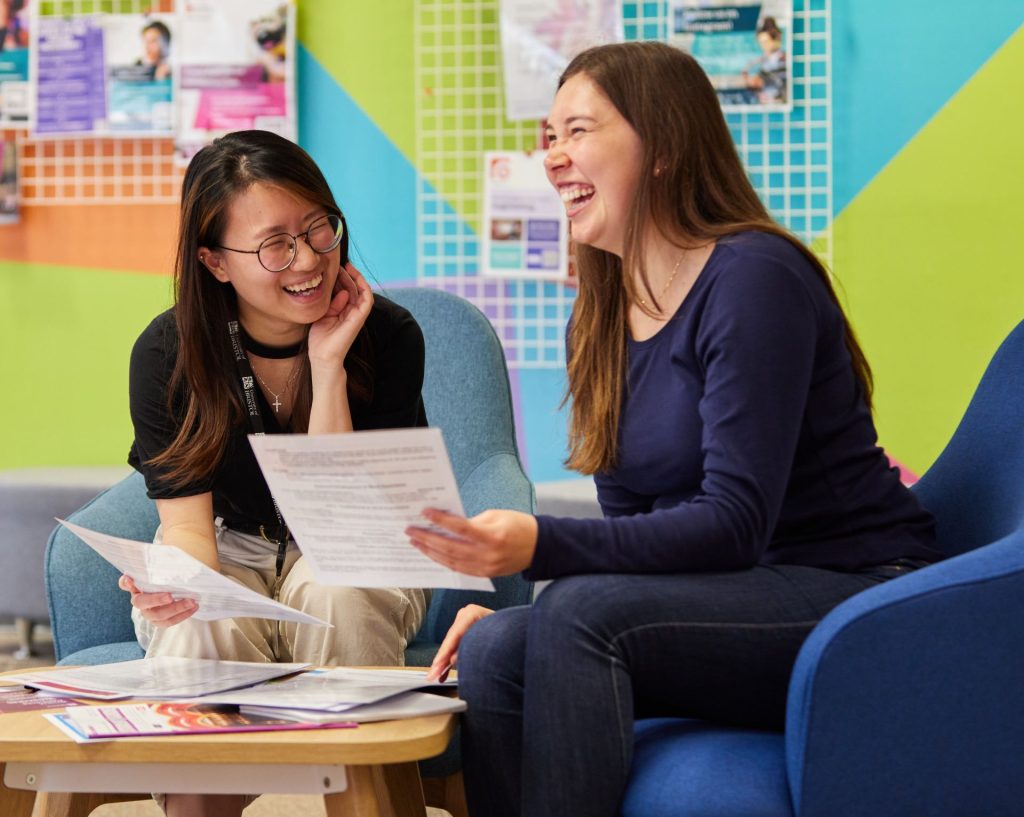With our two-day careers fair, the Employer Showcase, fast approaching, here are some of our top tips to help you prepare for the day.
The Employer Showcase is happening on Wednesday 11 and Thursday 12 October, from 12:30 p.m. to 4 pm at Bristol Beacon, Trenchard Street. If you haven’t already, make sure you book your place on mycareer.

First and foremost, the Career Fair Plus app will be your best friend for navigating the Employer Showcase and making the most of your time there. The app offers an interactive floorplan, resources to research ahead of time, and filters to view your employers of interest to guide you through your experience.
Top tip: There are different employers attending each of the days, so we recommend coming along on both days to get the most out of it.










